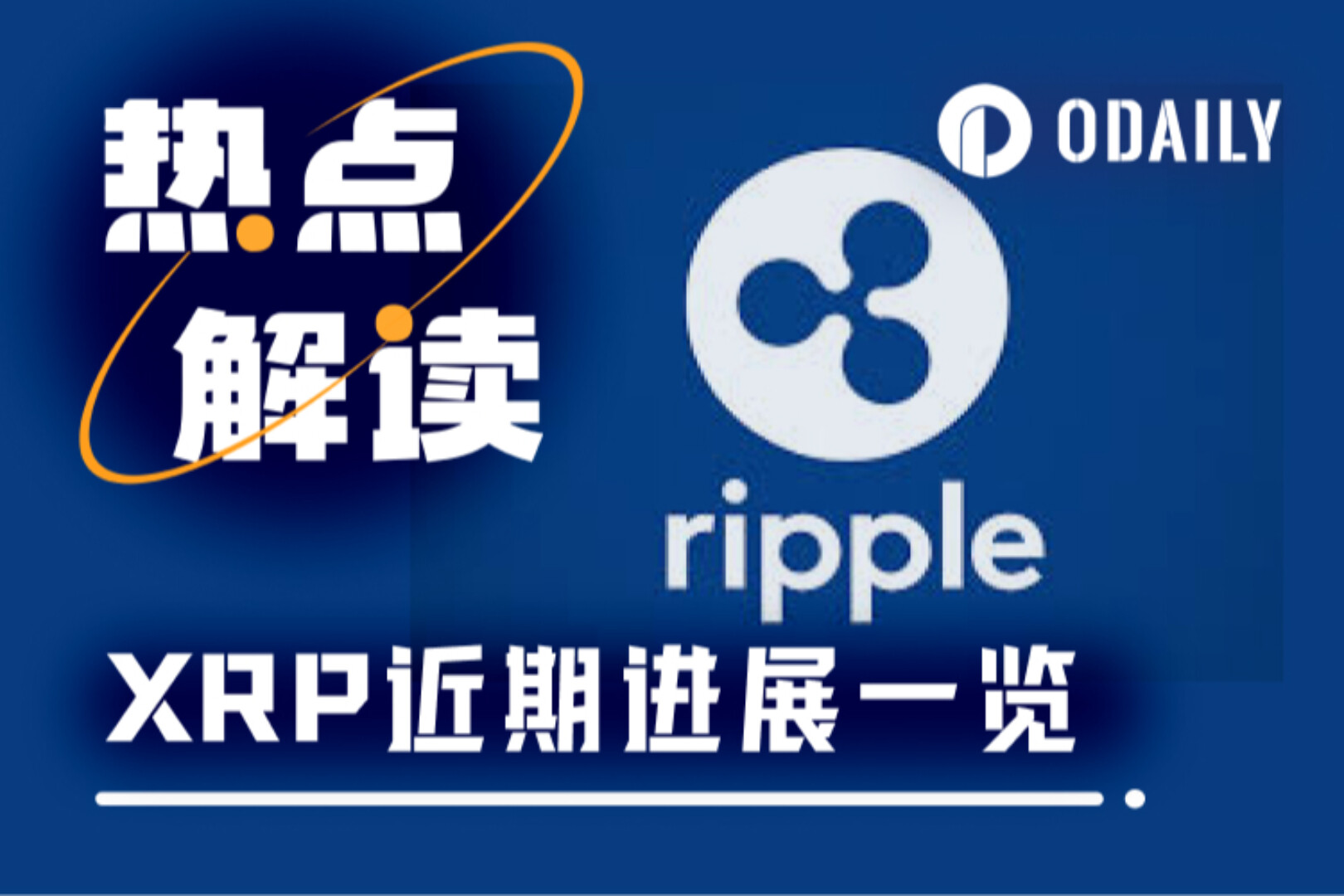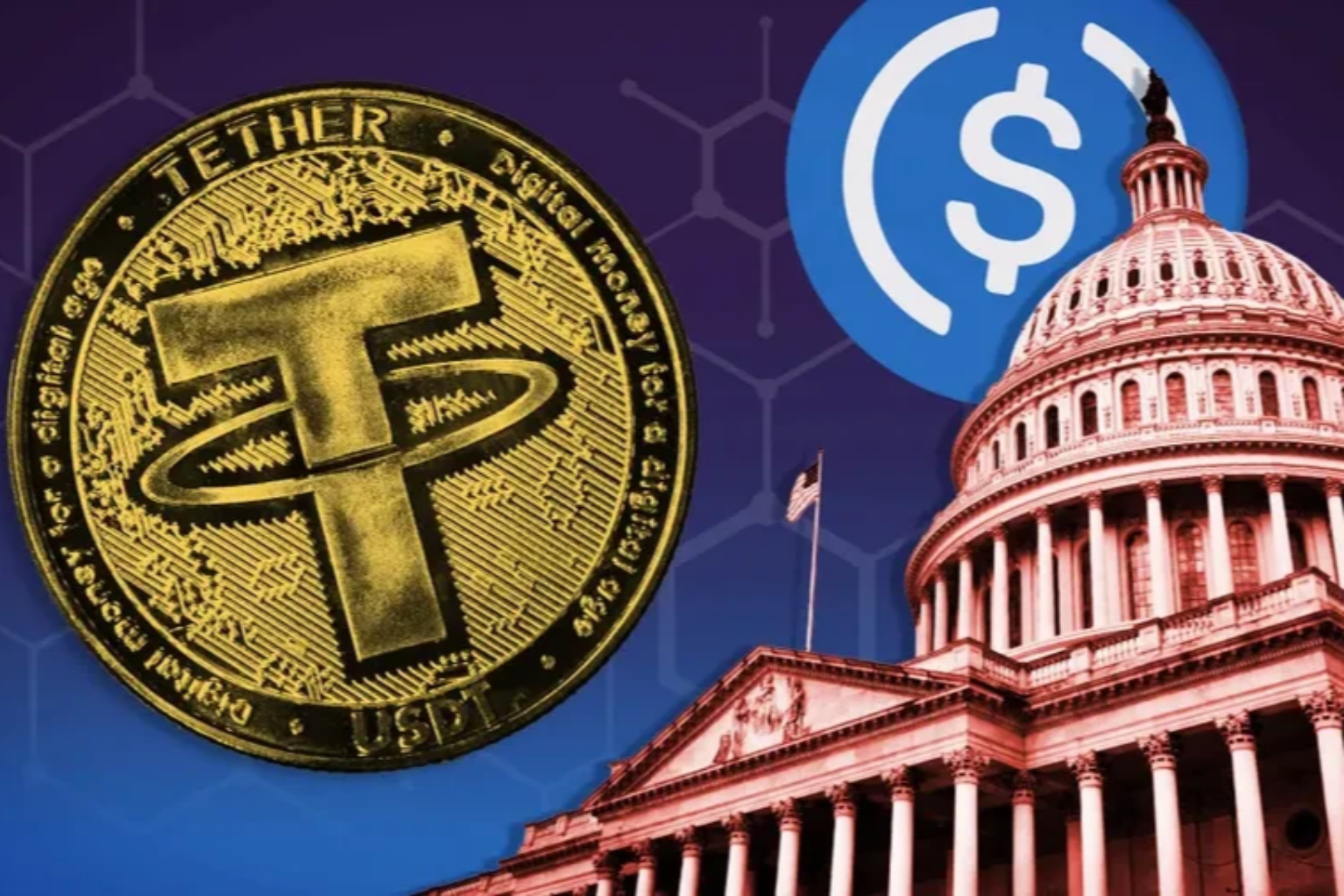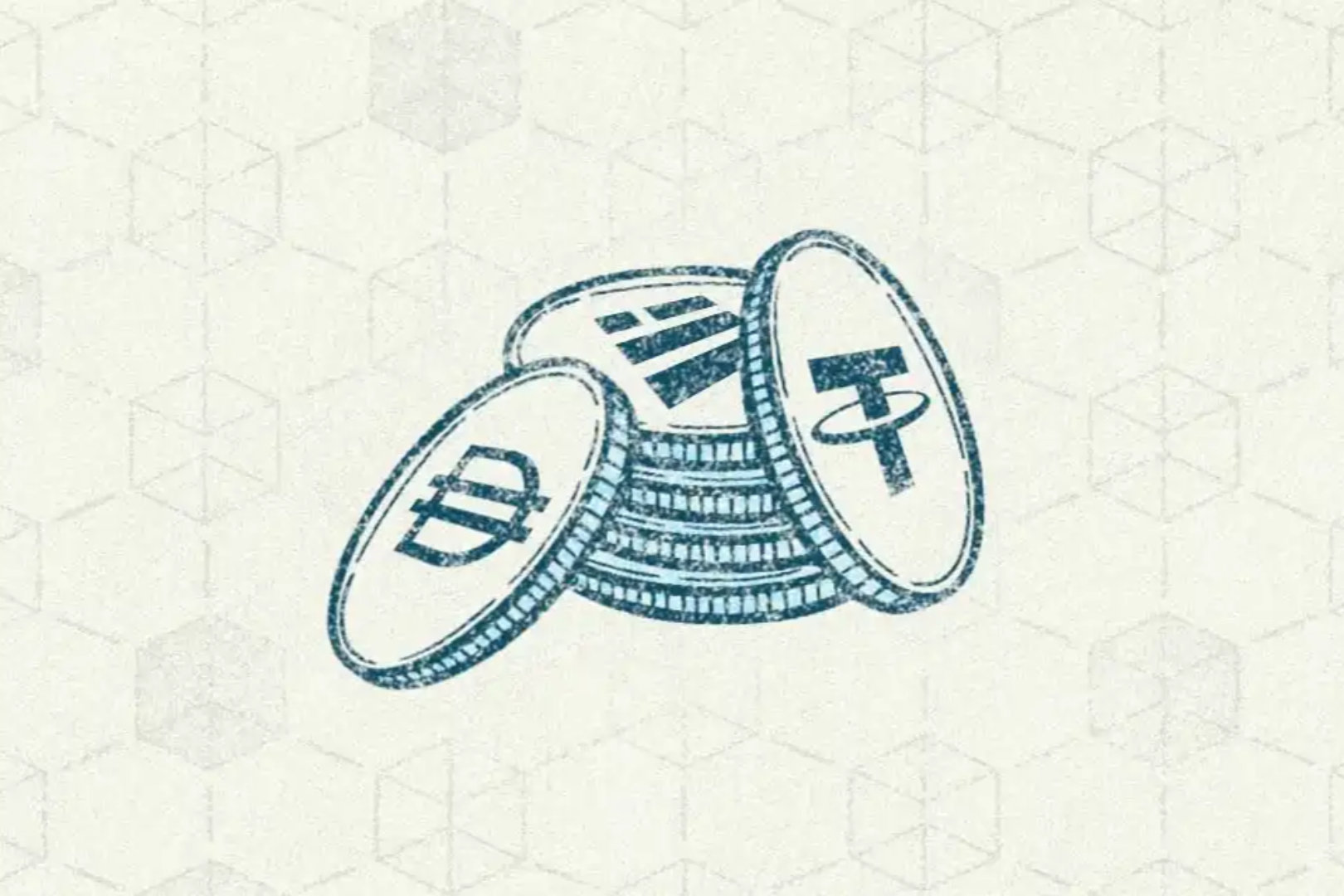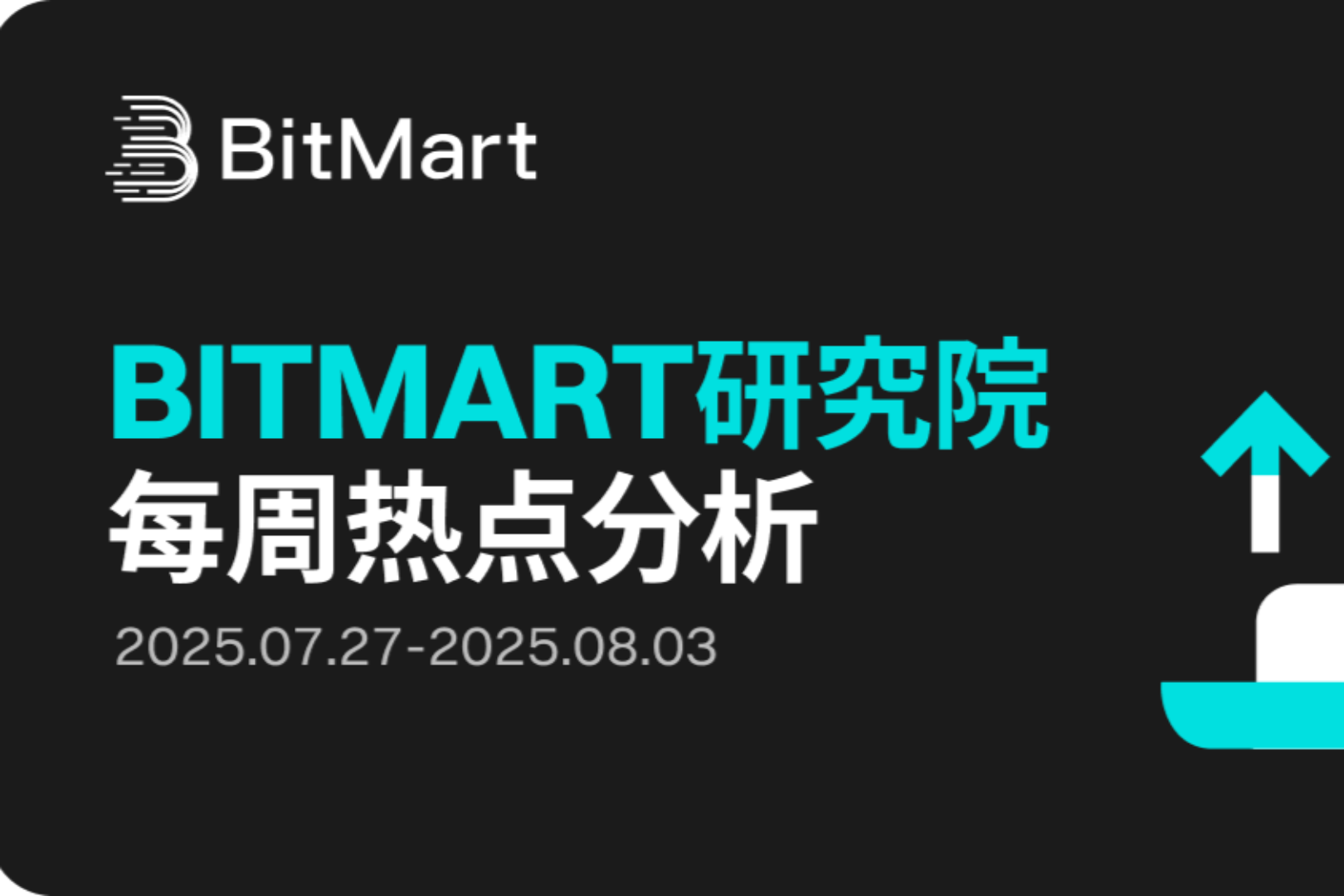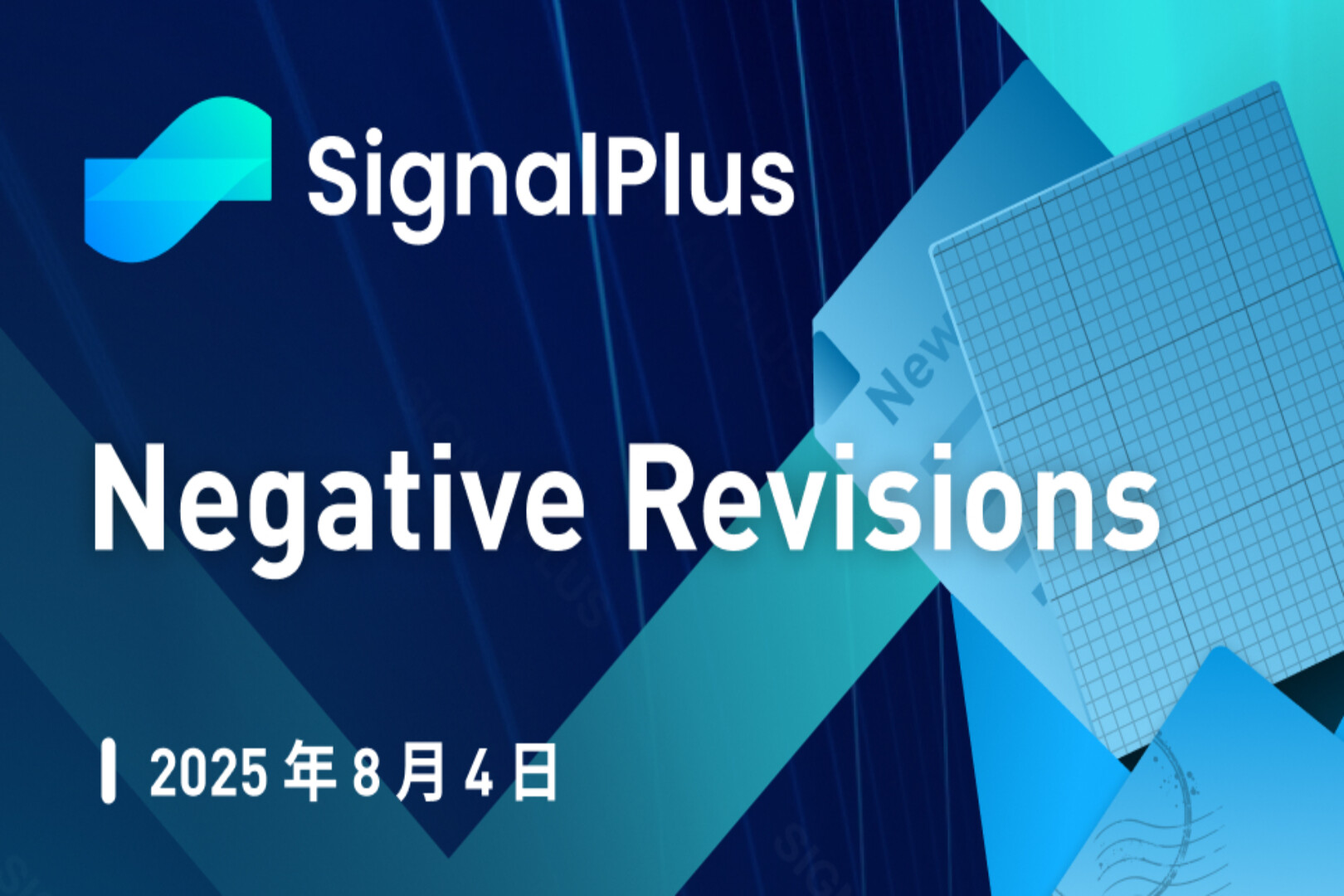
The cryptocurrency industry is going through a period of intense growing pains. Like a skinny teenager, it runs faster and jumps higher than before. This is thanks to major milestones such as the adoption of Bitcoin as legal tender in El Salvador, the continued surge in interest in NFTs, and the growing participation of established players such as Visa.
But, like an ambitious teenager, the newly authorized cryptocurrency sector bumps into social constraints awkwardly. Gary Gensler's Securities and Exchange Commission seems determined to be a strict regulator of cryptocurrencies, intending to create a series of laws to restrain it. For nearly a decade, cryptocurrency regulation has been sparse and fragmented. The price of adulthood in cryptocurrency will be the tighter oversight of older adults with the capacity to set the rules.
Still, the metaphor of cryptocurrency as a teenager is broken in one area: DeFi.
DeFi protocols are used for trading, lending crypto tokens and derivatives. But unlike traditional cryptocurrency exchanges such as Coinbase or Kraken, DeFi protocols exist in a group of verification nodes and coordinated nodes, rather than a single portal and engine run by independent legal entities.
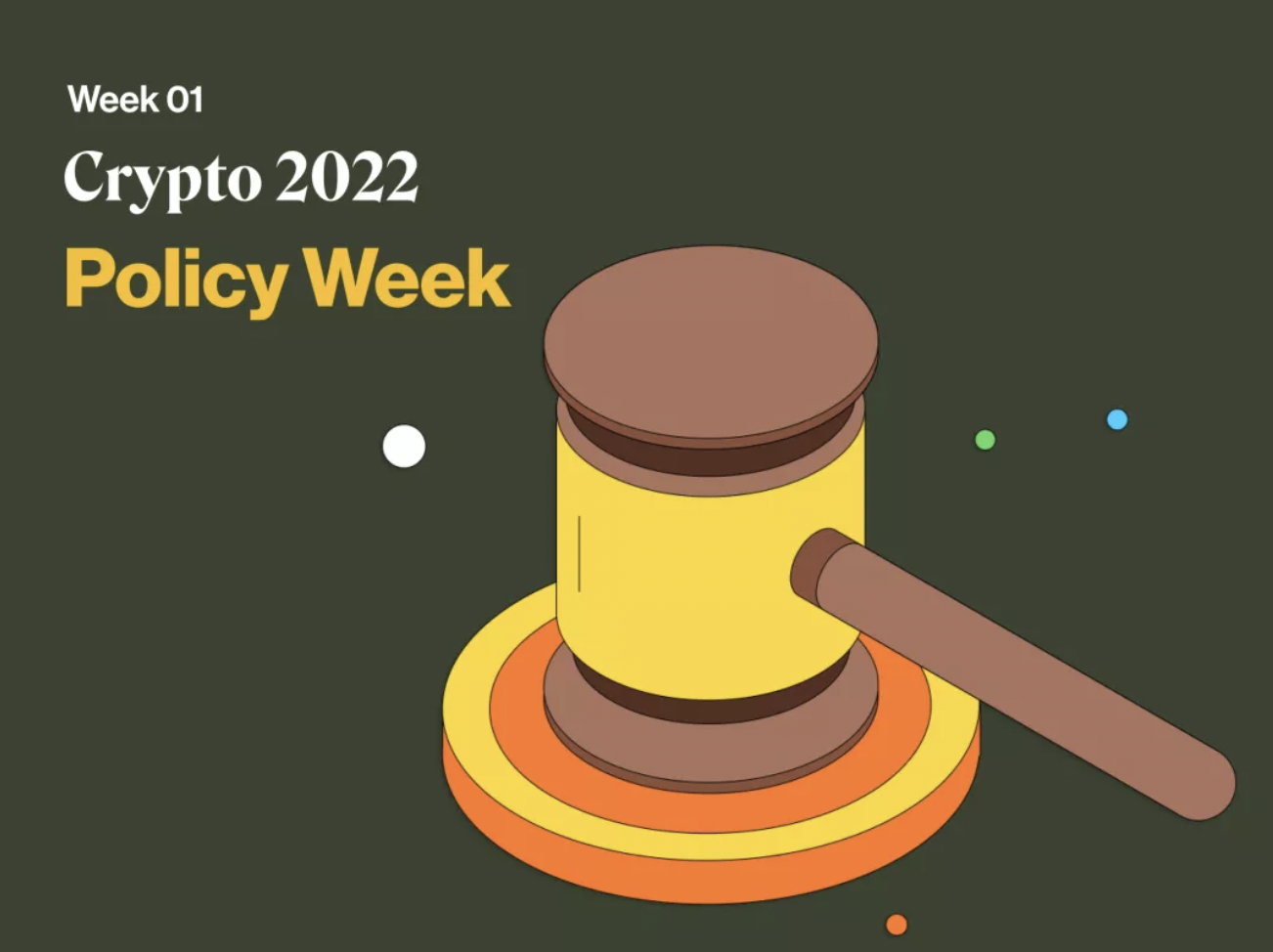
Additionally, DeFi protocols, at least in theory, can exist without a clear legal entity with which regulators typically interact. Another particular challenge for regulators is that many existing DeFi systems are not designed to require users to reveal their identities. This is also in stark contrast to entities such as Coinbase and Kraken, whose “know your customer” process is described later in this article.
It is very important to know the identity of the user, because among all the risks that financial regulators are responsible for controlling, there are three key risks that can use Defi as their carrier:
The first is criminal activity, including money laundering, tax evasion, and terrorist financing (although these activities already appear to be very limited across the cryptocurrency system).
The second is fraud, which was picked up in a series of fake or deceitful token sales during the ICO boom of 2017 - which of course was formed by the early iterations of DeFi.
The third is systemic risk. Although DeFi and cryptocurrencies may not be big enough to trigger wider financial contagion in the event of a major market crash or system failure, its future impact can be foreseen without much speculation To a great extent.
Regulators have traditionally relied heavily on those running trading services to monitor their clients and their platforms for suspicious activity to control these risks. Leaders of traditional financial services organizations can sometimes be the linchpin of enforcement -- that is, the SEC's enforcement arm.
Without these pressure points, things can get tricky. Katherine Kirkpatrick, co-chairman of King & Spalding's financial services business, said: "Regulating DeFi is going to be very difficult. In addition to how to regulate, the ultimate question is how to enforce these rules? How do you hold someone accountable for violations of the rules? If there is no enforcement mechanism, supervision is meaningless.”
secondary title

Should DeFi be regulated?
Of course, this is a problem. If you had a child like that, wouldn't you want to make laws against him? When something new appears in the world, should we immediately start building walls around it, or give it space and see how powerful it can be?
“If you try to regulate the technology itself rather than the activity, you end up with the possibility of suppressing the technology, and possibly not even stopping the (illegal) Activity."
For better or worse, though, regulators often don't think so. "If they think something is enabling massive money laundering, they're not going to sit idly by," Pozza said.
Despite the risk of being misguided, there are good reasons to want a regulatory framework for DeFi. More importantly, this could enable more players, especially public companies and regulated institutions, to gain access to the fundamental advantages of the technology. Because “the idea of big banks creating private blockchains is pretty much dead now,” says Michael Shaulov, CEO and co-founder of DeFi custody and infrastructure provider Fireblocks, “over the past 10 years, most financial Institutions are gradually realizing that blockchain and distributed ledger technology is the future, and there are now quite a few good disintermediation use cases emerging. Uniswap is something that replaces Nasdaq (the market) for these financial institutions."
Shaulov said he regularly talks to large corporations interested in DeFi, but the current state of regulation in the U.S. can hinder their participation. Using DeFi in its current state could expose banks like JPMorgan to money laundering or fraud risks.
This is the main reason for the unusual decision of DeFi platform Swarm Markets: to move from a largely unregulated jurisdiction to one with more oversight. The platform launched in the US in 2018, but vague rules in the US quickly became a constraint instead.
"The tone [of the U.S. regulator's statement] was: 'We don't know. We're not going to rule because we don't know,'" said Philipp Pieper, co-founder of Swarm Markets. It made it very clear that nobody wants to Take a risk on the current market structure. So in mid-2018, Swarm began looking for alternatives, including relocating to other less regulated registrations such as Malta and Cyprus.
Then, in 2019, Germany passed new rules that clarified the regulation of various encrypted assets, including tokenized securities. So Swarm Markets chose to relocate to Germany because this transparency gave the project a solid growth platform while maintaining the key advantages of DeFi for institutions, including self-custody, decentralized liquidity provision, and transparency.
Timo Lehes, managing director of Swarm Markets, said: "Controlling my own assets... choosing the custody provider I think is suitable is a huge difference from putting hundreds of thousands of dollars on a centralized exchange. Can contribute to liquidity pools and earn fees or income through other DeFi protocols.
secondary title

Know Your Customer (KYC)
Of course, receiving regulation comes with a price that will draw the ire of crypto purists. As a result of being an licensing agency, we have to do a lot of customer due diligence, Pieper said. KYC (Know Your Customer), AML (Anti-Money Laundering) and chain analysis. From a customer perspective, this is no different than what you get on centralized exchanges today.
For the same reason, Swarm Markets has a degree of centralized control built into its system: "If we are forced by regulators, (we can) suspend a user. This may cause funds to be frozen, but cannot be controlled."
Overseeing customers also affects the interaction of DeFi protocols and funds, which may soon involve a sharp distinction between "clean" and "dirty" businesses. Funds from unsound KYC platforms may not flow freely into regulated or “whitelisted” pools like Swarm Markets, as this would introduce counterparty risk that financial institutions wish to avoid.
There is no denying that policing clients is a bitter pill. Yet DeFi and crypto also promise several improvements to the KYC process, making them more palatable. For example, zero-knowledge proofs can be used to verify a trader's credentials without revealing specific identity information to a regulated DeFi protocol, thus essentially preserving users' anonymity unless their identity is subpoenaed by law enforcement from the protocol. identity records.
secondary title
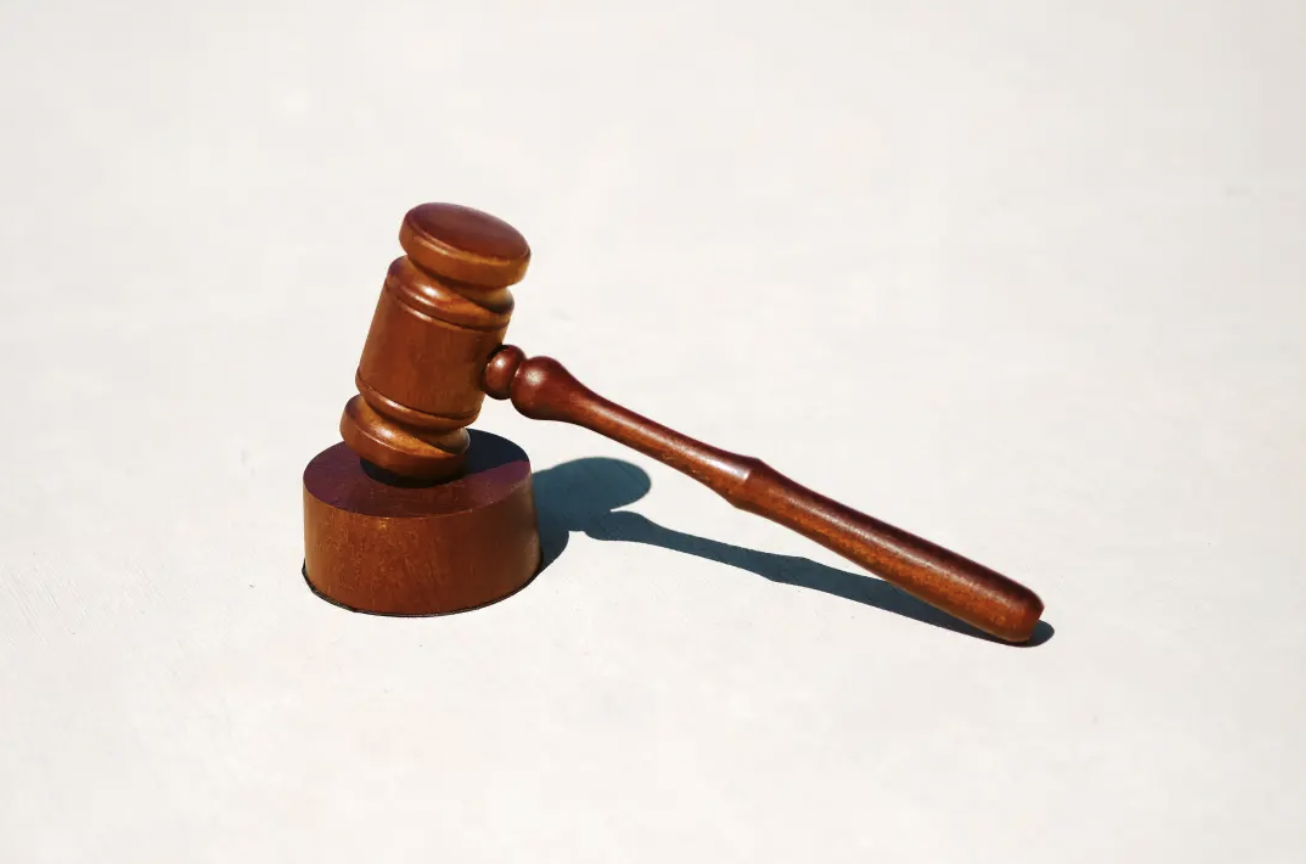
Is a decentralized autonomous organization a legal person?
Somehow obtaining end-user KYC information is inevitable for any viable DeFi regulation. But in other areas, there are new issues that require innovative regulatory approaches.
One of the biggest questions is how regulators should deal with truly decentralized systems. In principle, DeFi systems have an onboarding mechanism similar to Bitcoin, distributing native tokens through the protocol in exchange for liquidity deposits. This means that a system can be written by a single developer or a small team to write the basic rules, and potentially grow to a large hedge fund or larger. In theory, this also includes decentralized governance of the user community, making such platforms a kind of decentralized autonomous organization (DAO).
It should be noted that not all DeFi systems are as decentralized as advertised. But some are exactly what they say they are: asset markets run by distributed communities, not middlemen. SushiSwap is considered a more decentralized example than Uniswap.
Stephen Palley, a partner at law firm Anderson Kill who specializes in cryptocurrencies, said that in some ways, regulation is not as complicated as it sounds. He said the corporation is a legal fictional entity that has personality under the law. There can be a very powerful set of laws explaining what that means.
This means that a DAO, like a corporation, can be the target of legal or regulatory judgment, even if it has no formal leader.
"Who is responsible for the decisions made by AI? The software developers, or the code?" Palley asked. "If it's code, you have to recognize the legal personality of the software. possible."
secondary title
current state
This hypothetical extreme could become a reality if DeFi continues to grow. Overseers exist to police, and have little appetite for powerful entities floating outside of their oversight. The modern state's monopoly on violence is the end of law enforcement, and it's likely to find some way to control your access to ethereal protocols.
No doubt there will be plenty of staunch crypto-anarchists willing to test the resolve of regulators. In any case, there are always some jurisdictions that are outside the scope of strict regulation, and operators of some Defi systems can choose to carry out projects in these places, and at the same time, there will be small-scale users who tend to have sufficient privacy precautions to continue to use these DeFi system, and bear the corresponding system risk.
Even with heavy regulation, this "pure" DeFi system will continue to have social value: as a frontier for innovation and privacy. In wider history, they will serve as testing grounds for new forms of digital statelessness.
zCloak Network is a private computing service platform based on the Polkadot ecosystem, which uses the zk-STARK virtual machine to generate and verify zero-knowledge proofs for general computing. Based on the original autonomous data and self-certifying computing technology, users can analyze and calculate data without sending data externally. Through the Polkadot cross-chain messaging mechanism, data privacy protection support can be provided for other parallel chains and other public chains in the Polkadot ecosystem. The project will adopt the "zero-knowledge proof-as-a-service" business model to create a one-stop multi-chain privacy computing infrastructure.
About zCloak Network
zCloak Network is a private computing service platform based on the Polkadot ecosystem, which uses the zk-STARK virtual machine to generate and verify zero-knowledge proofs for general computing. Based on the original autonomous data and self-certifying computing technology, users can analyze and calculate data without sending data externally. Through the Polkadot cross-chain messaging mechanism, data privacy protection support can be provided for other parallel chains and other public chains in the Polkadot ecosystem. The project will adopt the "zero-knowledge proof-as-a-service" business model to create a one-stop multi-chain privacy computing infrastructure.

